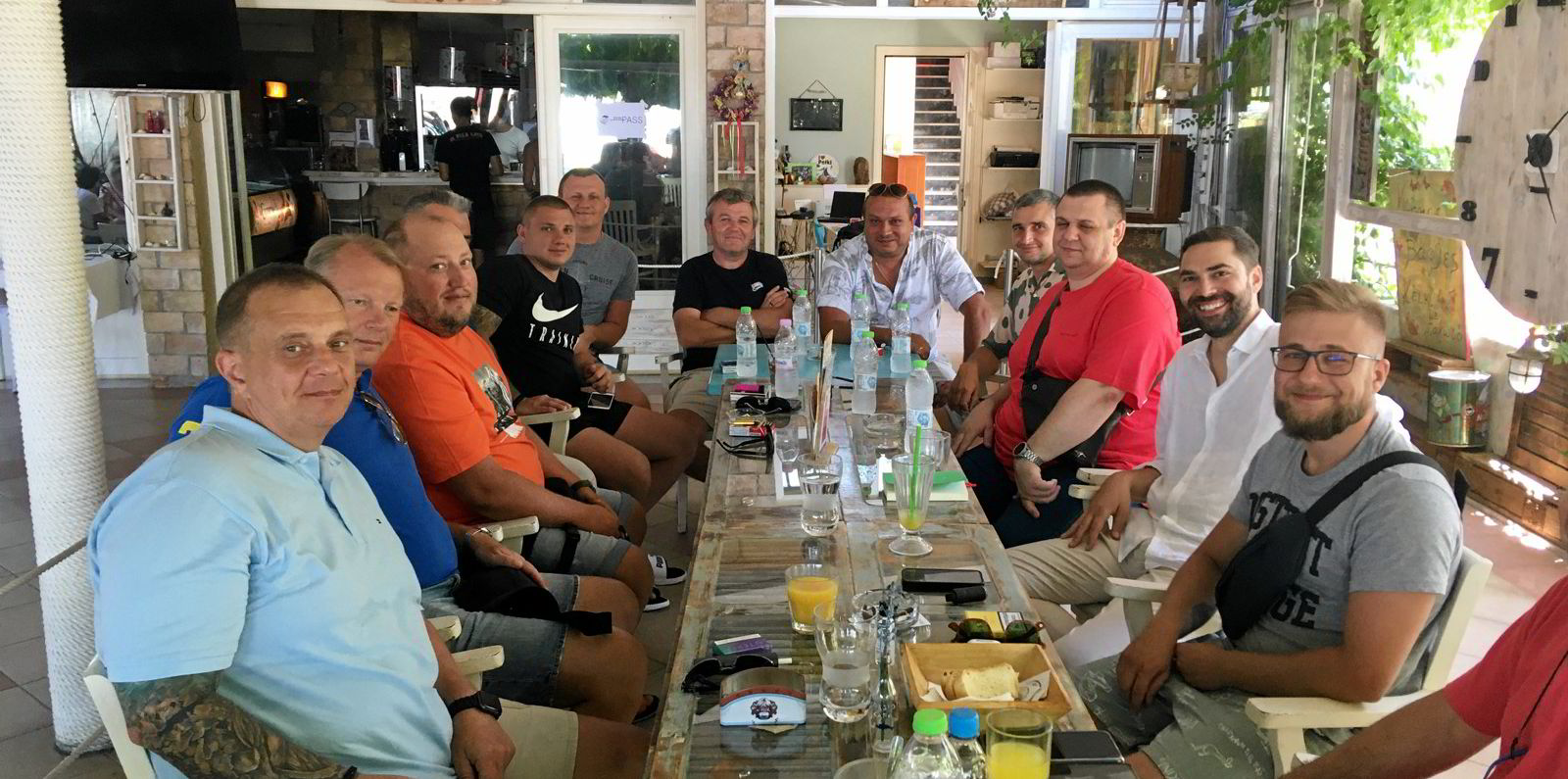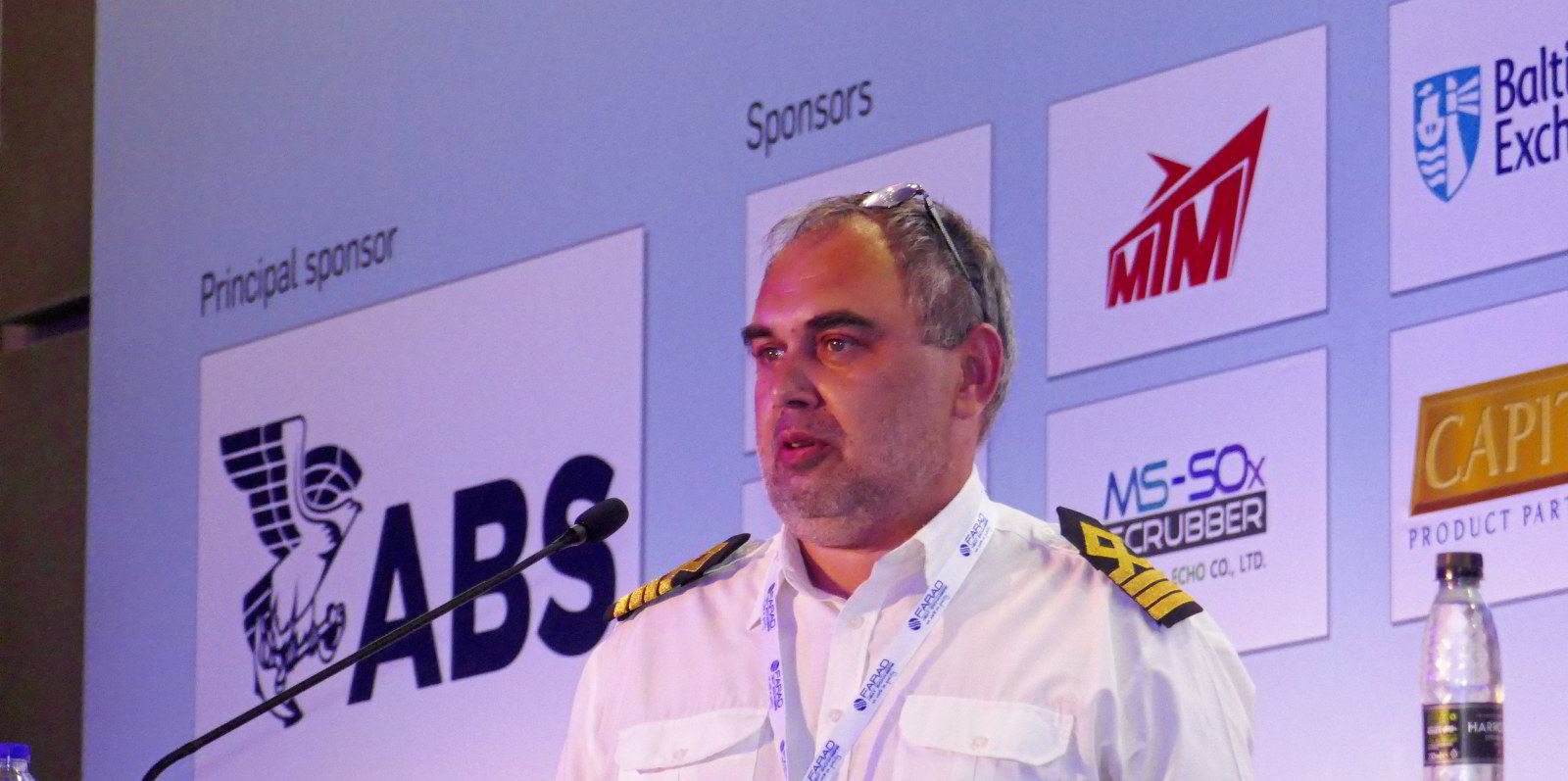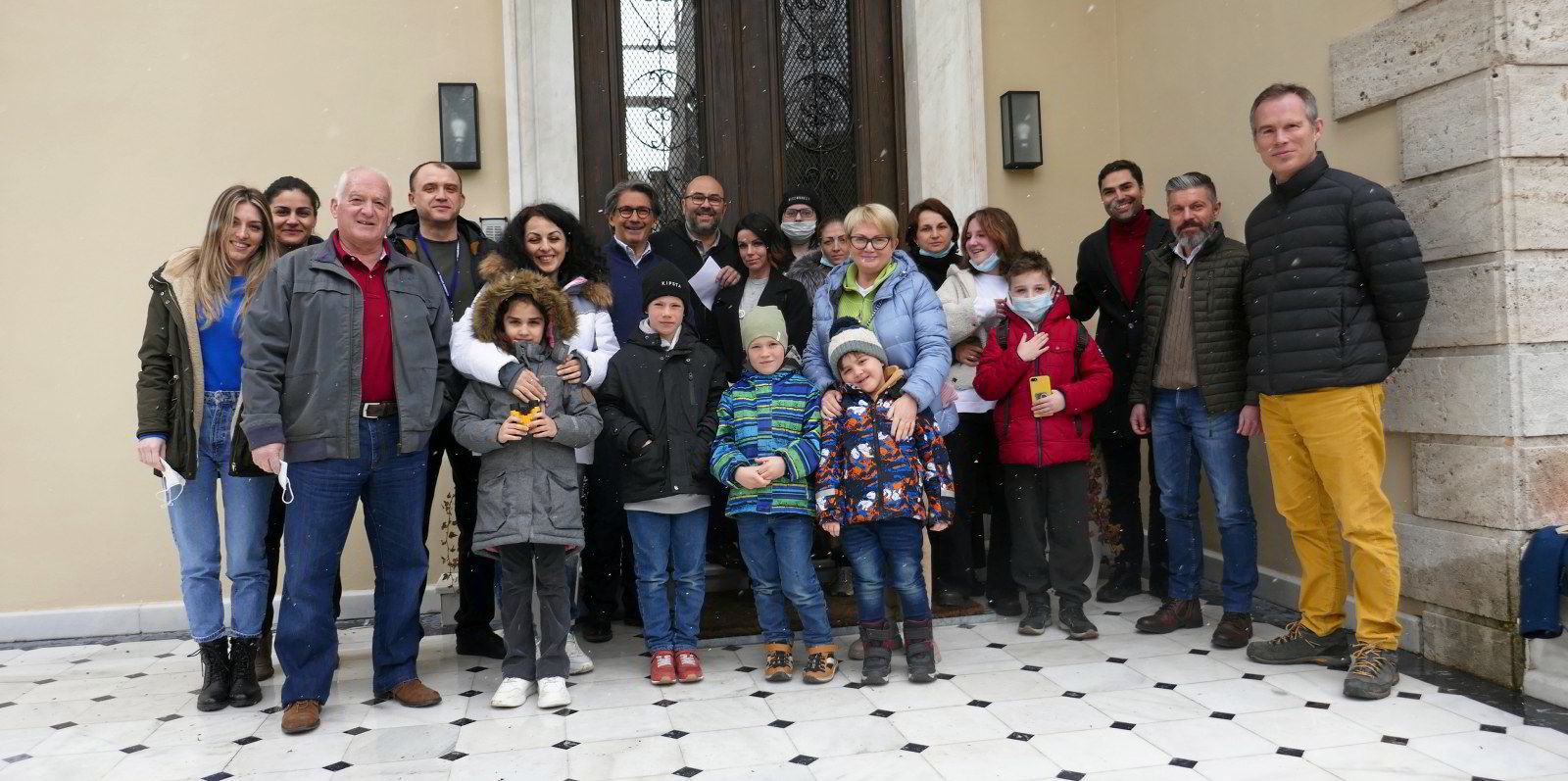Shipping professionals fleeing mayhem in Ukraine are increasingly choosing Greece as the place to wait for the worst of the war to pass.
Ukrainian shipping companies and brokerages have moved a considerable number of their staff to Athens or Piraeus.
“Including families, I’d say there are at least 500 people here,” said Maksym Khaulin, ship management director at Intresco, who has brought his children, wife, parents and company to Athens.
Most already know the country and have existing business networks or dependencies there, such as Aquavita International, a Ukraine-based dry freight contractor.
Others are trying to fit the exodus into their wider expansion plans.
Varamar, another shipping firm, which says it planned to expand to Greece even before the war broke out, put three of its Ukrainian employees to work in an office set up in Athens earlier this year.
The company, which operates about 20 vessels, said its Greek unit is a pioneer in offering heavylift and breakbulk services for multipurpose vessels in the country.
Varamar’s plan is to boost its Athens office with more local hires this year.
Expats from Ukraine are not known to have formed any associations yet, but some of them have begun meeting in smaller circles.
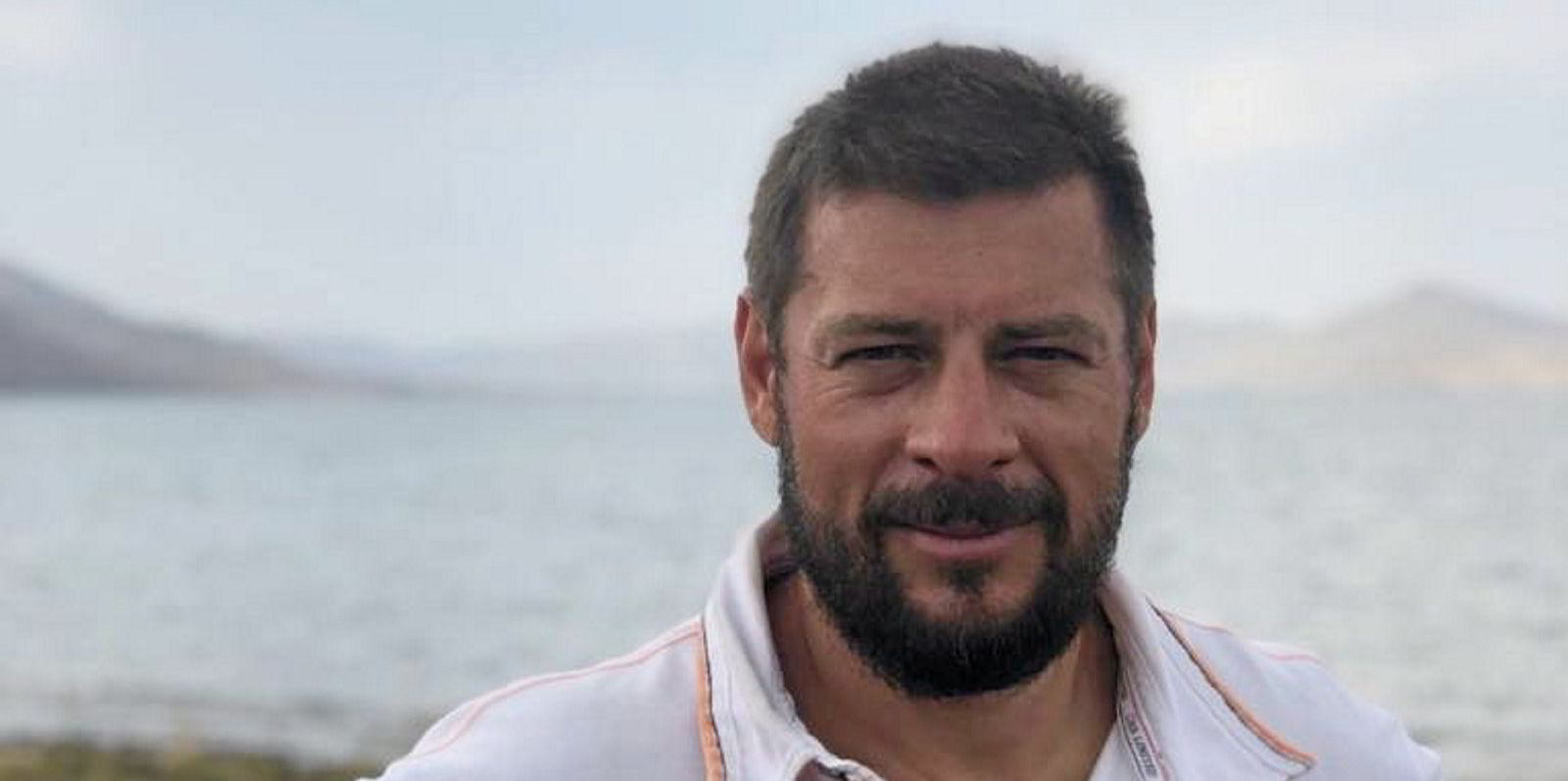
Ukrainians from the Black Sea coast in particular find Greece familiar for a host of cultural and practical reasons.
Orthodox Christianity is the prevailing religion in both countries. The lifestyle is also familiar, with sandy beaches and clubs being a fixture in Athens and Odesa.
However, the most important reason may be simply that Greece can be reached from Ukraine by car.
Many refugees, particularly women with children, made the 1,000-km (620-mile) trip to meet seafaring husbands and fathers waiting there for them.
Some are telling harrowing tales of the journey, crossing no man’s land and checkpoints guarded by gun-totting soldiers.
Unabated refugee flows
The psychological pressure of staying in the country can be still difficult to bear. In parts of Ukraine, even little children have learned to recognise the type of incoming projectiles by the sound they make.
It is no surprise, therefore, that almost six months into the war, refugee flows into Greece remain unabated. According to the latest police figures, more than 900 Ukrainian citizens entered the country in a single day, on 7 August.
That brings the total arriving since 24 February — the day Russia invaded Ukraine — to close to 76,000. Nearly a quarter — 20,000 — are minors.
About the same ratio of minors can be found among the 90 seafarers and their families that Greece’s Technomar Shipping is hosting in Pefki, a seaside village in central Greece.
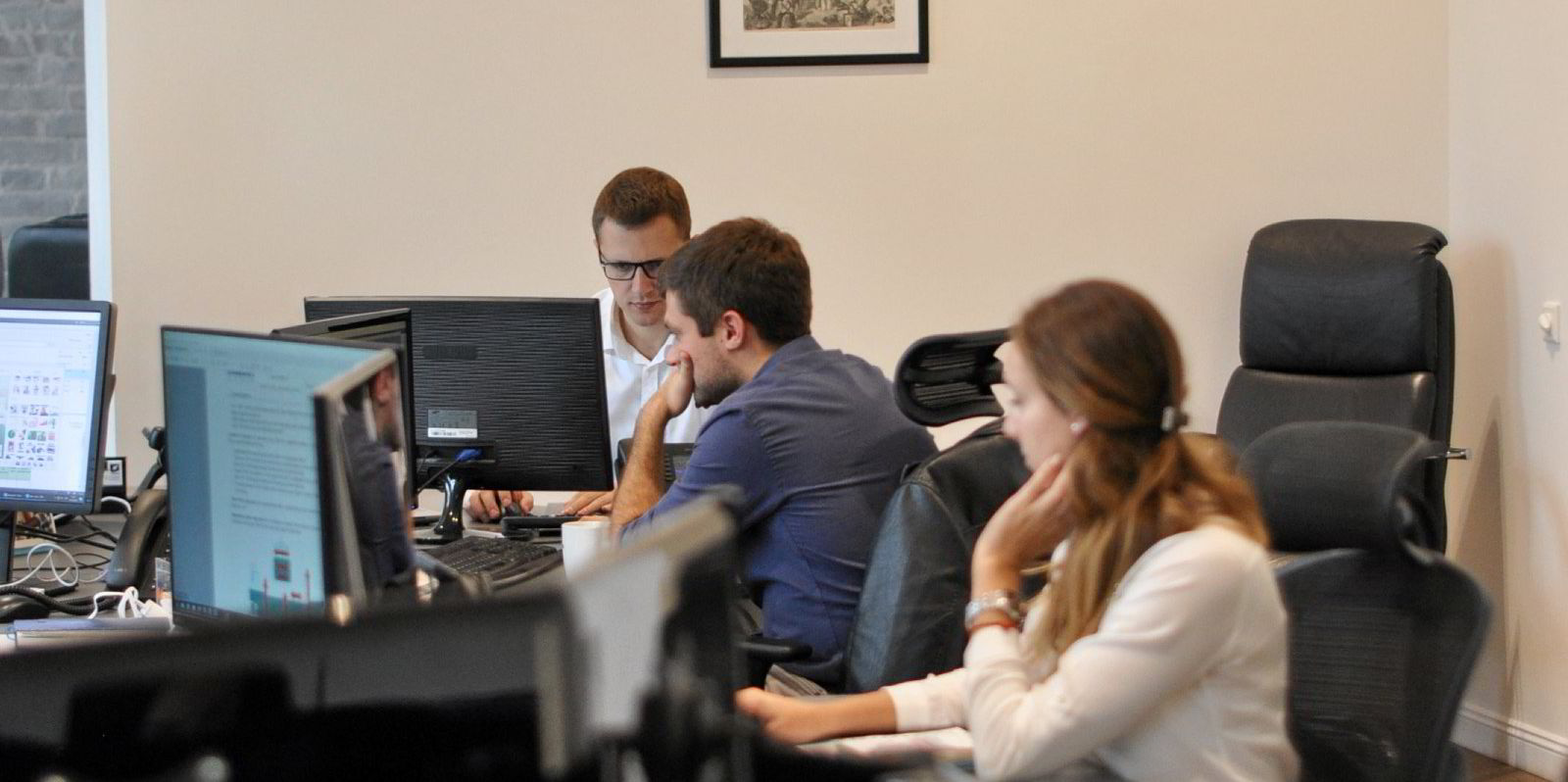
Since war broke out in Ukraine, Technomar’s assistance in evacuating and accommodating about 180 of its people in the country has been unparalleled.
“Very few companies have helped their employees that way,” said one of them, Captain Yuriy Kareba.
For more than five months now, Technomar has been covering transport, rent and food for its personnel and their dependants.
As the war drags on and the seafarers slowly settle down into their new lives, different needs arise.
Bank accounts have to be opened, doctors must be visited and car registrations made.
A Technomar employee is chaperoning employees in their daily dealings with authorities.
“You go step by step,” said Paminos Youroukos, one of several Technomar executives overseeing the programme.
“The first case is always the most difficult one. When you crack that, then authorities know what to do and everything becomes much easier.”
Anything but a holiday
It has helped that official Greek policy is very accommodating towards people from Ukraine.
Immigration officers issue so-called temporary protection cards that allow Ukrainian citizens to work, rent homes and travel freely.
“Obtaining this card is very easy,” Khaulin said.
However, that does not solve every problem.
Communication with locals remains difficult, especially outside Athens.
Online schooling remains the only option for some pupils. Some seafarers worry they will find nobody to renew their expiring certificates.
Others open bank accounts but are refused e-banking services. Some find access to their funds in Ukraine difficult or only possible with outrageously high commissions.
Most rely on their salaries as their only source of income.
That threatens to leave many unprotected from greedy landlords or short of funds should Greek authorities eventually tax them on their cars.
“It’s ourselves, our luggage and maybe a car — that’s everything we own for now,” Captain Kareba said.
“Some people might be thinking we’re on a long holiday or something — but believe me, it’s anything but,” said another master who was uprooted twice by war, once in 2014 from Mariupol and now from Odesa.
Many find uncertainty the most difficult thing to bear. Most hope to return to Ukraine by the end of the year. But in reality, nobody knows.
That gives rise to occasional flights of melancholy.
“It’s strange how you appreciate the things you’ve had only after you lost them,” said Volodymyr Chazov, a chief officer currently in Pefki.
